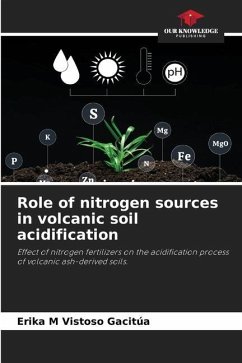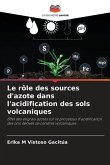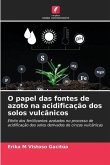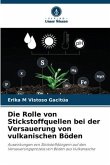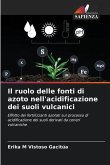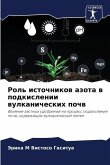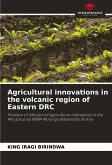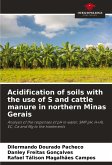The natural acidification process of soils derived from volcanic ash can be accelerated by anthropogenic activities such as: change of land use, highly intensive agriculture without considering the replacement of nutrients extracted by plant species and inadequate management practices such as intensive soil tillage and prolonged application of acid-reactive fertilizers, without considering their use limitations and the chemical properties of the soil, has caused a gradual acidification of soils under this type of management, even making the production of plant species sensitive to acidification uneconomical. This management practice unbalances the buffering capacity of the soil, which added to the process of nutrient absorption by the plants, releases important concentrations of H+ ions into the soil solution, which have an impact on the decrease of pH. For these reasons, the choice of nitrogen fertilizer should consider its acid-base reaction and the chemical properties of the soil.
Bitte wählen Sie Ihr Anliegen aus.
Rechnungen
Retourenschein anfordern
Bestellstatus
Storno

